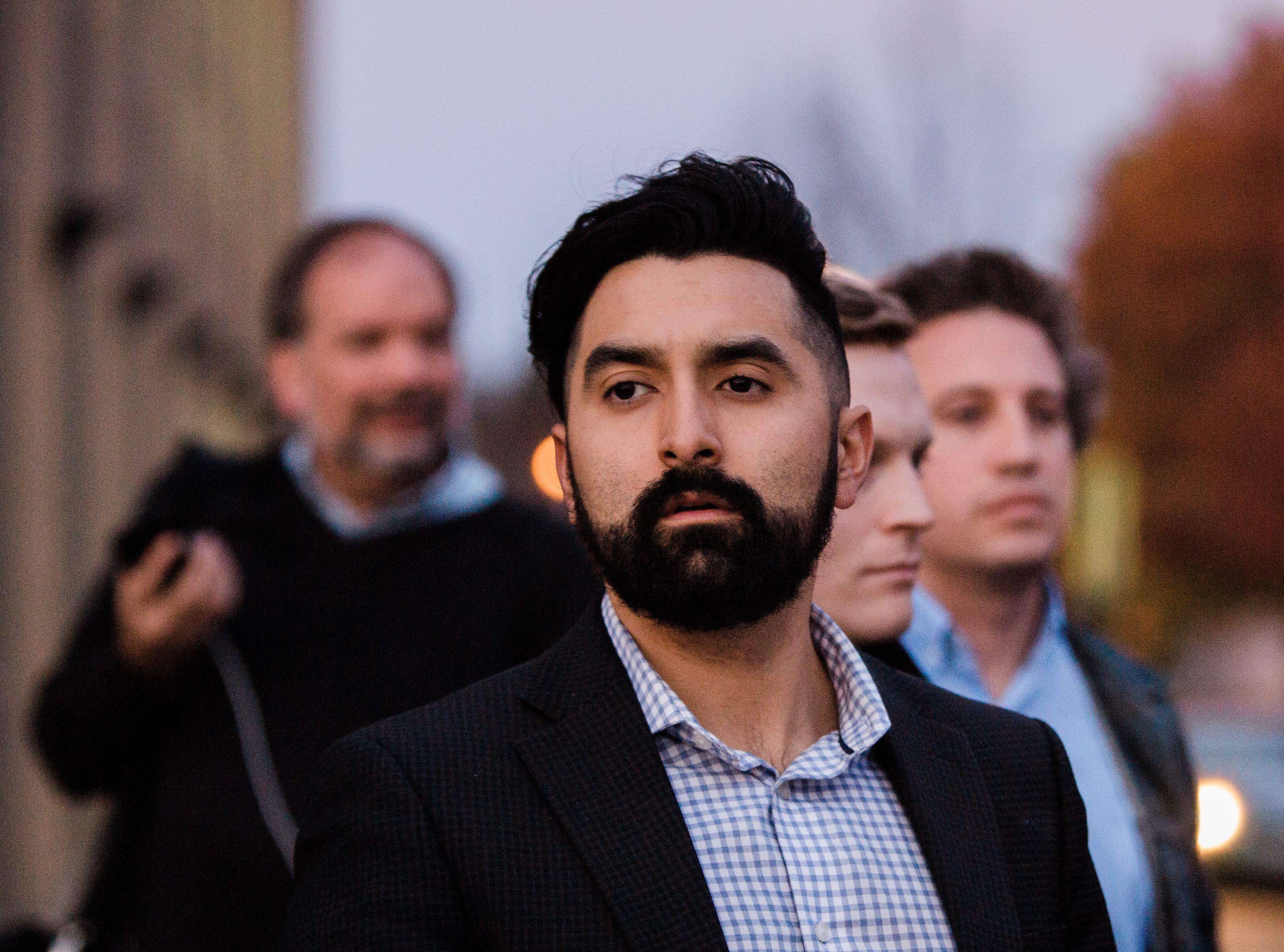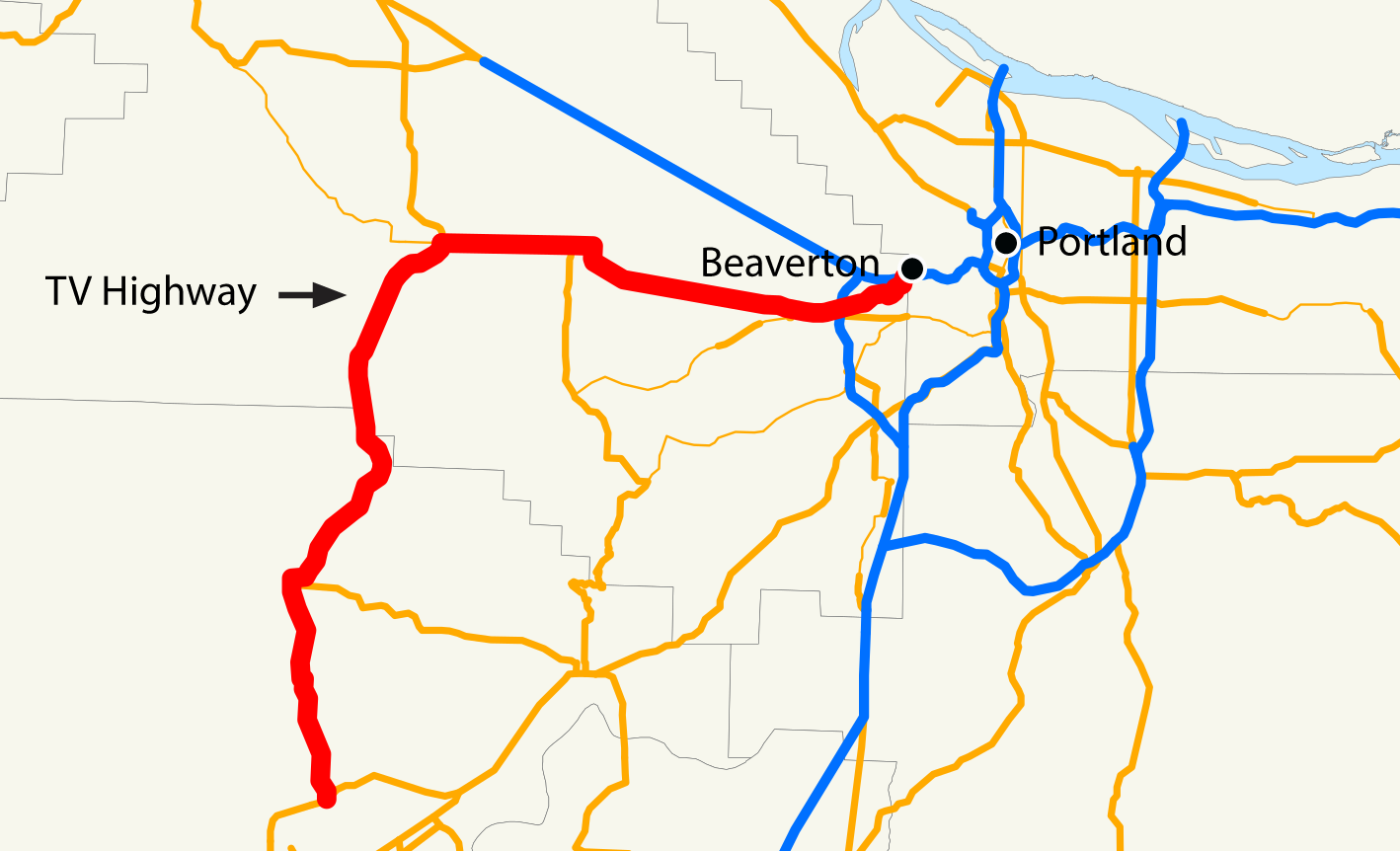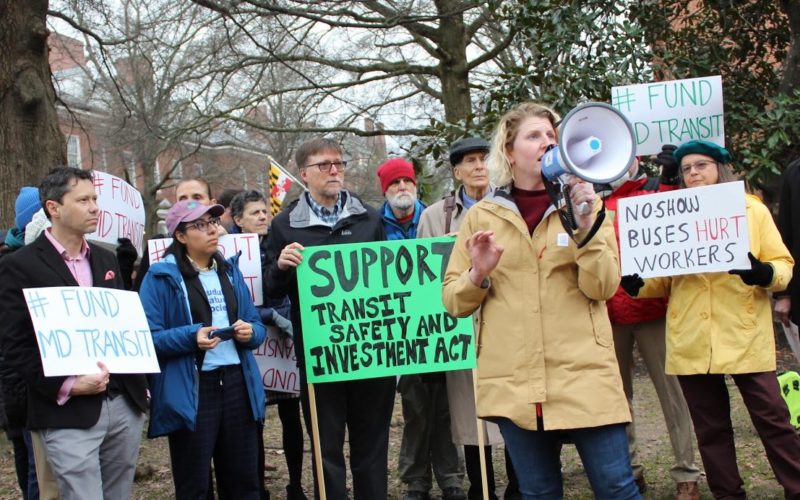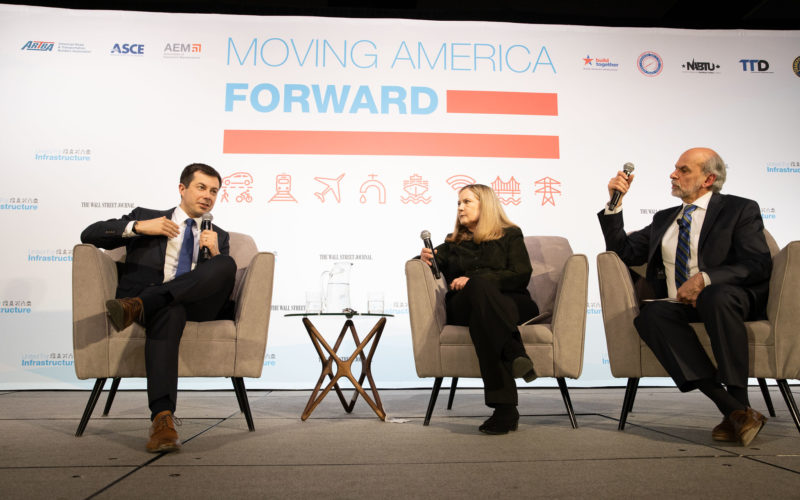
When American voters decide on big regional transportation funding packages at the ballot box, prevailing wisdom holds that highways have to be part of the deal. No matter how pressing the need for effective, affordable transit service may be, and no matter the fiscal, environmental, and public health damages caused by highways.
That’s the message Portland Metro Councilor Juan Carlos González has been hearing from lobbyists about the $3 billion transportation bond measure the region will vote on in 2020. It may have been true a generation ago, but the Portland region is changing — and an “all of the above” approach to transportation spending may not win out this time around.
González, elected in 2018, is one of the newest members of the Metro Council, the seven-member regional body in charge of planning for the three counties in and around Portland — Clackamas, Multnomah, and Washington. In an earlier era, González’s Washington County district, west of Portland, could be counted on to lobby for highway and road expansion. As the county becomes more densely populated — with Latino households accounting for much of the growth — that is no longer the case.
While the Portland region has a reputation for being transit-forward, partly stemming from its history of building light rail instead of freeways in the 1970s, the reality is somewhat different. There are huge disparities in access to good transit across the region, particularly outside Portland city limits.
González’s top priority is to improve transit and pedestrian conditions on Tualatin Valley Highway, TV Highway for short — a wide arterial road connecting the Washington County suburbs to Portland. TV Highway is designed for cars and dangerous to cross — conditions that are incompatible with its growing importance as a transit connection that carries the 57 bus.

TV Highway has been identified as a “Tier 1” corridor in the draft list of projects that the 2020 transportation measure would fund. Specifically, the 57 bus would receive bus lanes, signal priority, and station enhancements.
Gonzalez thinks these improvements would make “mobility in the county exponentially better. It would be night and day in terms of transit reliability.”
TV Highway is one of 13 projects Metro staff has recommended for funding through this bond. The draft list, which is still subject to final approval before it goes on the ballot, allocates most funds toward light rail and bus priority projects. About one-third is dedicated to a MAX light rail expansion into Southwest Portland toward the city of Tualatin. Another corridor — McLoughlin Boulevard — is slated to receive bus signal priority, improved sidewalks, and station enhancements. Overall, it includes fewer concessions to highway funding than past measures in the region.
But there are still some road expansion projects, and environmental and transit advocates have pointed out that these projects are counter to the region’s ambitious climate and safety goals. The “Sunrise Corridor” in the eastern suburbs (outside Gonzalez’s district), for instance, would devote resources to a limited access roadway and generate more traffic and sprawl.
There’s still time to amend the project list before it’s finalized. Last month, Gonzalez tweeted: “First proposal. We want your feedback. Engage!”
Gonzalez has been hearing divergent messages from his constituents so far. Some feel the measure does too little to address the climate crisis and reduce dependence on fossil fuels. Others, especially in suburban pockets, are asking for highway expansions. Gonzalez says he plans “to defend our massive investment in transit and in the enhanced transit corridors and… make sure that we don’t get more pressure to add construction for highway projects.”
Yet to be determined are the funding sources for the measure, which may come in the form of a corporate activities tax. On these matters, Metro will have to work with the Oregon State Legislature. Once that is determined, Metro Council will work with community partners to host a series of meetings to solicit feedback from constituents on granular level on some of the proposed changes to routes, corridors, and intersections. Then Metro staff will fine tune the specifics of projects and campaign on the measure to voters.
Gonzalez views these investments as laying the groundwork to unlock the potential of transit in the region. He’s optimistic the measure will pass thanks to high turnout in 2020, and an electorate that cares about protecting the environment and improving transit.
 How States and Regions Can Unlock Hundreds of Billions of Dollars for Transit
How States and Regions Can Unlock Hundreds of Billions of Dollars for Transit
As the Infrastructure Investment and Jobs Act moves to state implementation, it's critical for advocates to create a vision for what transit should look like, and to share that vision with their elected leaders and staff at State DOTs.
Read More It’s Time to Mobilize for the Good Transportation Projects and Stop the Bad Ones
It’s Time to Mobilize for the Good Transportation Projects and Stop the Bad Ones
The Biden infrastructure package can set American transportation on a greener, more equitable trajectory -- it all depends on what happens next.
Read More